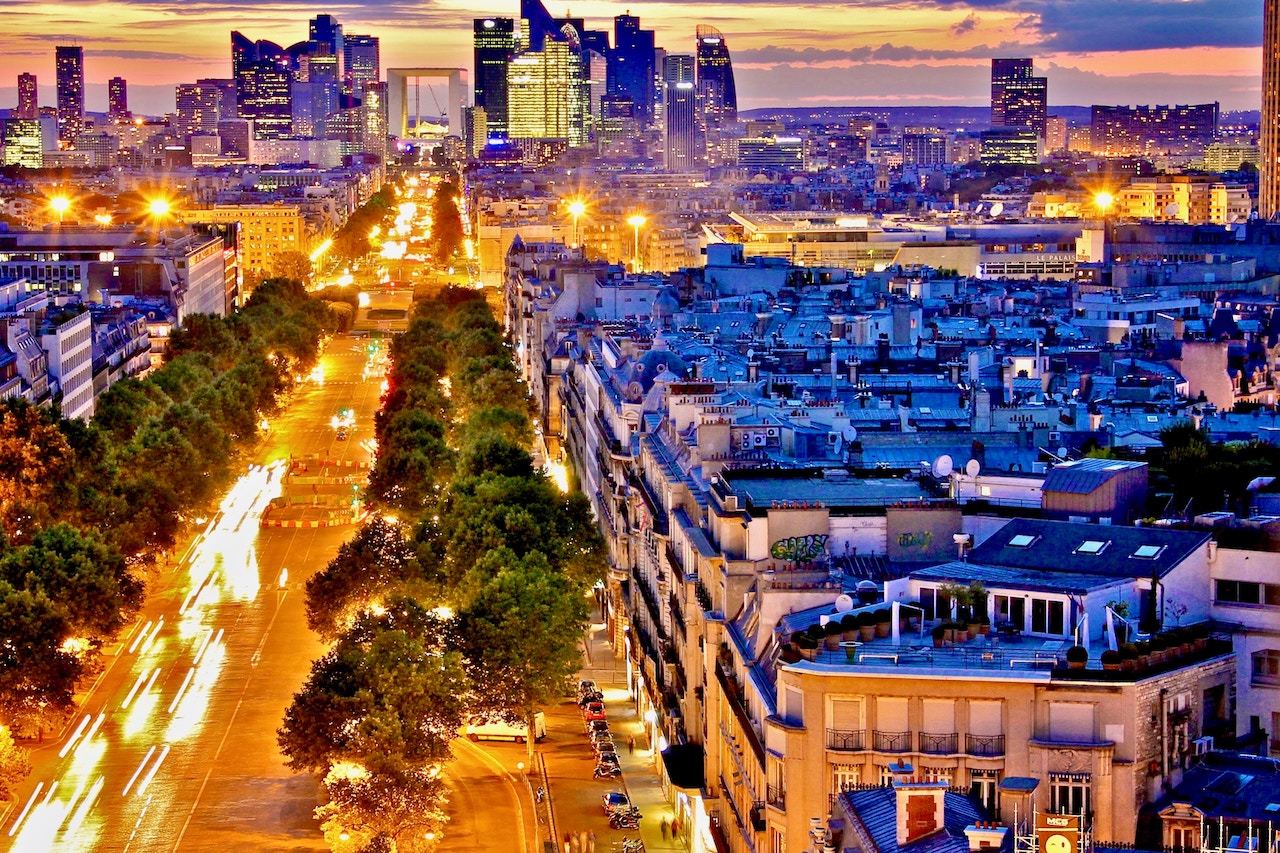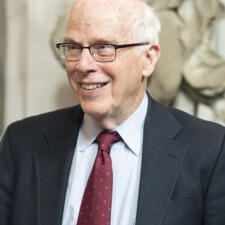
International politics, for policy makers, for theorists, and for historians has traditionally comprised the world of states. When thinkers from these disciplines analyze that world, they often invoke “geopolitics,” a vague but supposedly tough-minded analysis taking into account national resources, geography, objectives, and strategy. Geopolitics—a concept developed by Scandinavian, German, British, and American theorists as international rivalries heated up toward 1900—was the language that serious men (and the term dripped with gender) used to envisage global conflict. But what scope did it leave for cities as autonomous actors in international politics? Did they matter? Do they matter today? In what ways do they enter into that world of states?
The city is usually considered as a conglomeration or nexus within the state and not as a geopolitical entity in its own right—exception made for so-called city-states or urban republics in Antiquity or the Renaissance. The Great Powers and Urbanization Channel represents an effort to problematize that assumption, that is to explore what elements of agency cities maintain within the international system or the world of states.
